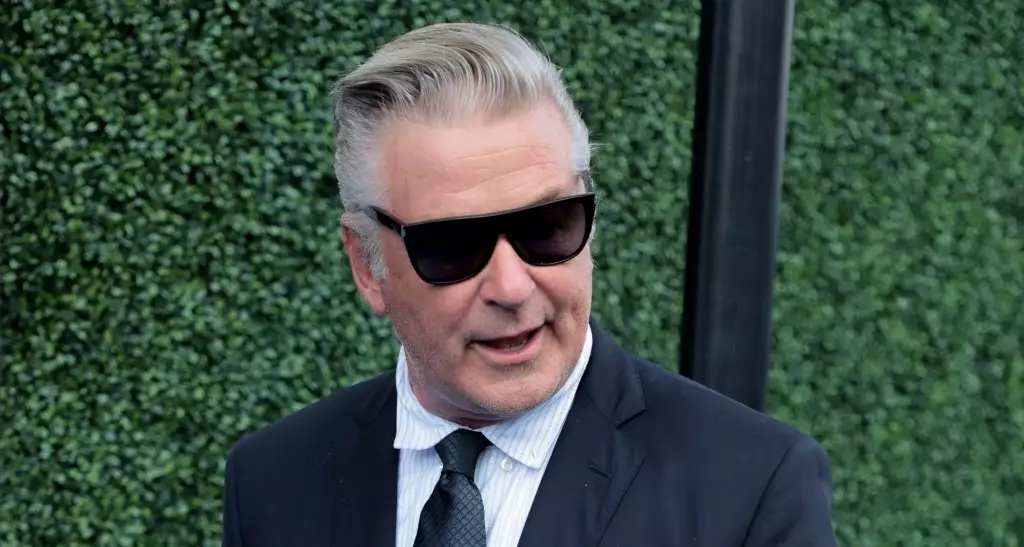The tragic death of cinematographer Halyna Hutchins during the production of the film *Rust* has been surrounded by controversy and legal disputes since the incident took place on October 21, 2021. Highlighting celebrity, law, and media intricacies, the case against Alec Baldwin, who held the firearm that fatally shot Hutchins, evolved into a sensational legal drama. Despite the recent dismissal of involuntary manslaughter charges against Baldwin in July, remnants of this case continue to reverberate through the legal system and Baldwin’s public life.
The initial charges against Baldwin were serious, with the potential for an 18-month prison sentence looming if convicted. The stakes were profoundly high, not just for Baldwin’s career, but also for issues of accountability on film sets. Baldwin consistently maintained that he never pulled the trigger. His assertion was supported by independent analyses and statements from the gun’s manufacturer, all of which contradicted the narrative that Baldwin had acted recklessly.
The more the case unfolded, however, the more glaring issues emerged within the prosecution’s approach. Special Prosecutor Kari Morrissey faced heavy scrutiny as allegations of misconduct and mismanagement came to light. Baldwin’s legal team, led by seasoned attorneys Alex Spiro and Luke Nikas, capitalized on these missteps, branding the prosecutor’s actions as a flagrant violation of lawful procedures. As legal maneuvers unfolded, Baldwin’s attorneys emphasized the prosecution’s failure to disclose pertinent evidence, an alarming lapse that underscored the fragility of the state’s position.
In July, Judge Mary Marlowe Sonner dismissed Baldwin’s case with prejudice, a legal term denoting that the prosecution cannot take it up again. This outcome marked a significant victory for Baldwin. His lawyers aimed to consolidate this success by filing documents urging the court to dismiss any further attempts by Morrissey to reopen the case. In their powerful rebuttal, Baldwin’s team accused Morrissey of an “egregious” attempt to shift blame for the prosecution’s shortcomings onto Baldwin himself, asserting that no valid grounds existed for reconsidering the case.
The language used by Baldwin’s lawyers not only demonstrates their robust defense strategy but also indicates a broader critique of the prosecutorial process. They raised serious concerns about how the state had handled evidence and the moral implications of their conduct throughout the trial. Baldwin’s legal team highlighted the absurdity of a prosecutor seeking to create additional burdens for a defendant who has already endured a substantial public and legal examination.
The implications of this case extend beyond Baldwin’s individual circumstances; they ripple through Hollywood and the film industry at large. The tragic death of Hutchins raised critical questions regarding safety protocols on set, training for handling firearms, and the responsibilities of actors and crew members alike. Safety regulations in the film industry often lack the rigor found in other occupational domains, thus necessitating a reevaluation of norms and regulations regarding weapons on set.
In light of these events, one might argue that systemic changes are essential to prevent future tragedies. Establishing stringent guidelines for firearms usage, along with comprehensive training for all personnel involved in productions, could mitigate risks, ensuring that actors do not find themselves in similar perilous situations. The Baldwin case shines a spotlight on the urgent need for industry-wide reform.
As Baldwin attempts to put this chapter behind him, he faces a complex road ahead. While the dismissal of the manslaughter charges is a significant relief, Baldwin remains a pivotal figure in a case that holds broader significance for legal accountability and film industry safety. Alongside efforts to clear his name legally, Baldwin is reportedly set to dive into a reality television venture with his family, suggesting an intent to shift public perception and regain control over his image.
The fallout from this case serves as a sobering reminder of the complexities at the intersection of celebrity and the law. Baldwin’s experience may well trigger discussions on the necessity of reform within the industry, which will hopefully cultivate a safer working environment for all involved in film production.



Leave a Reply